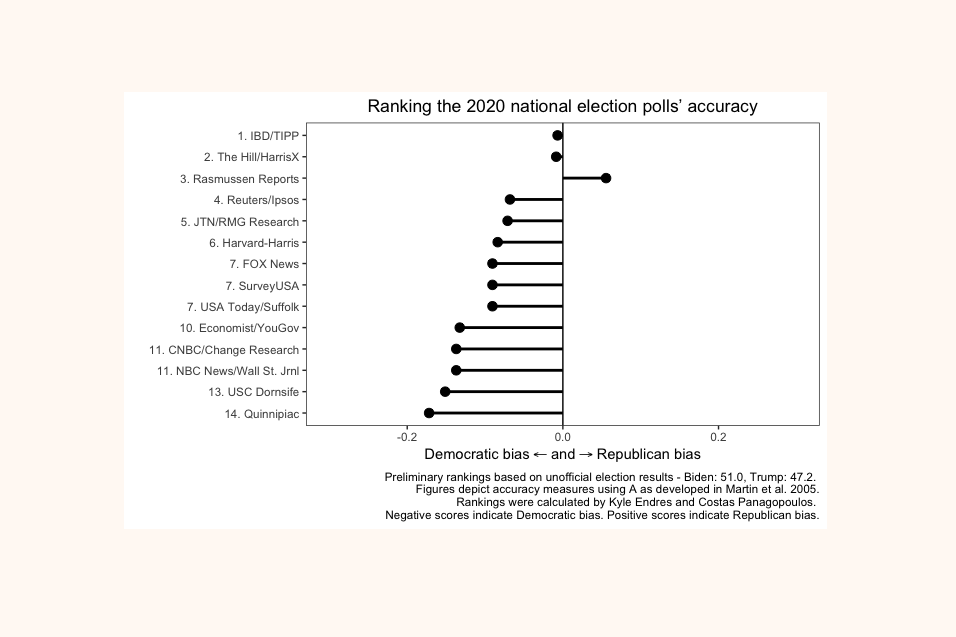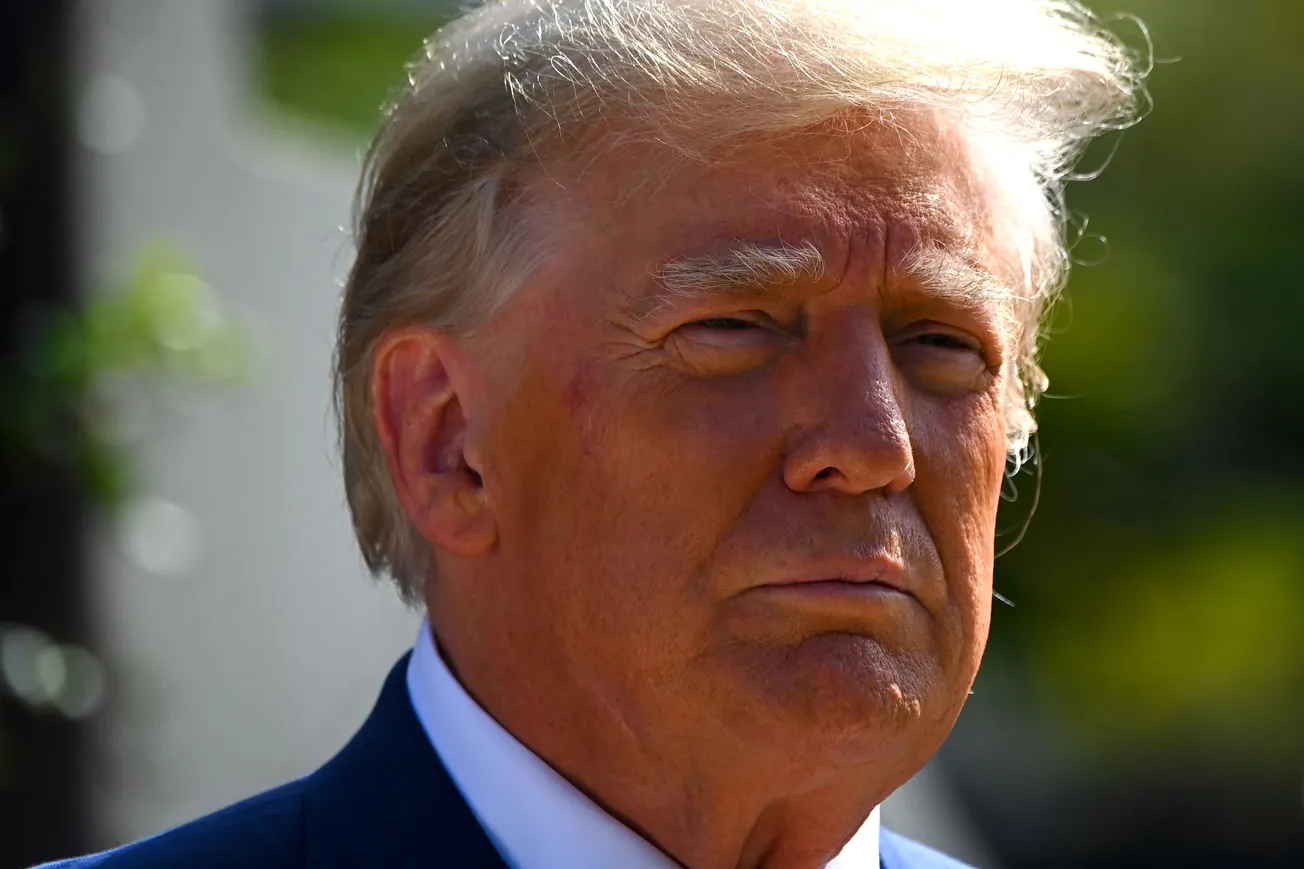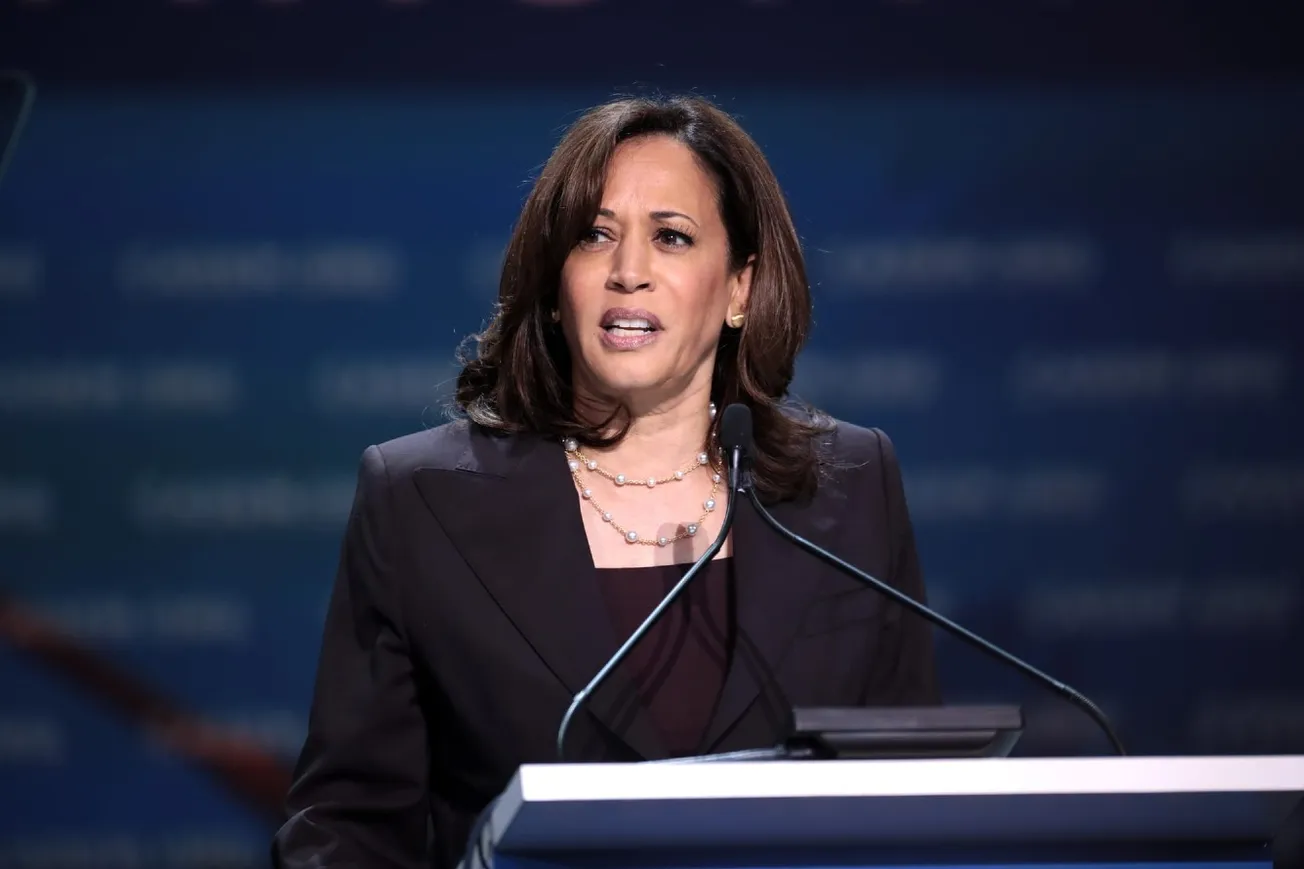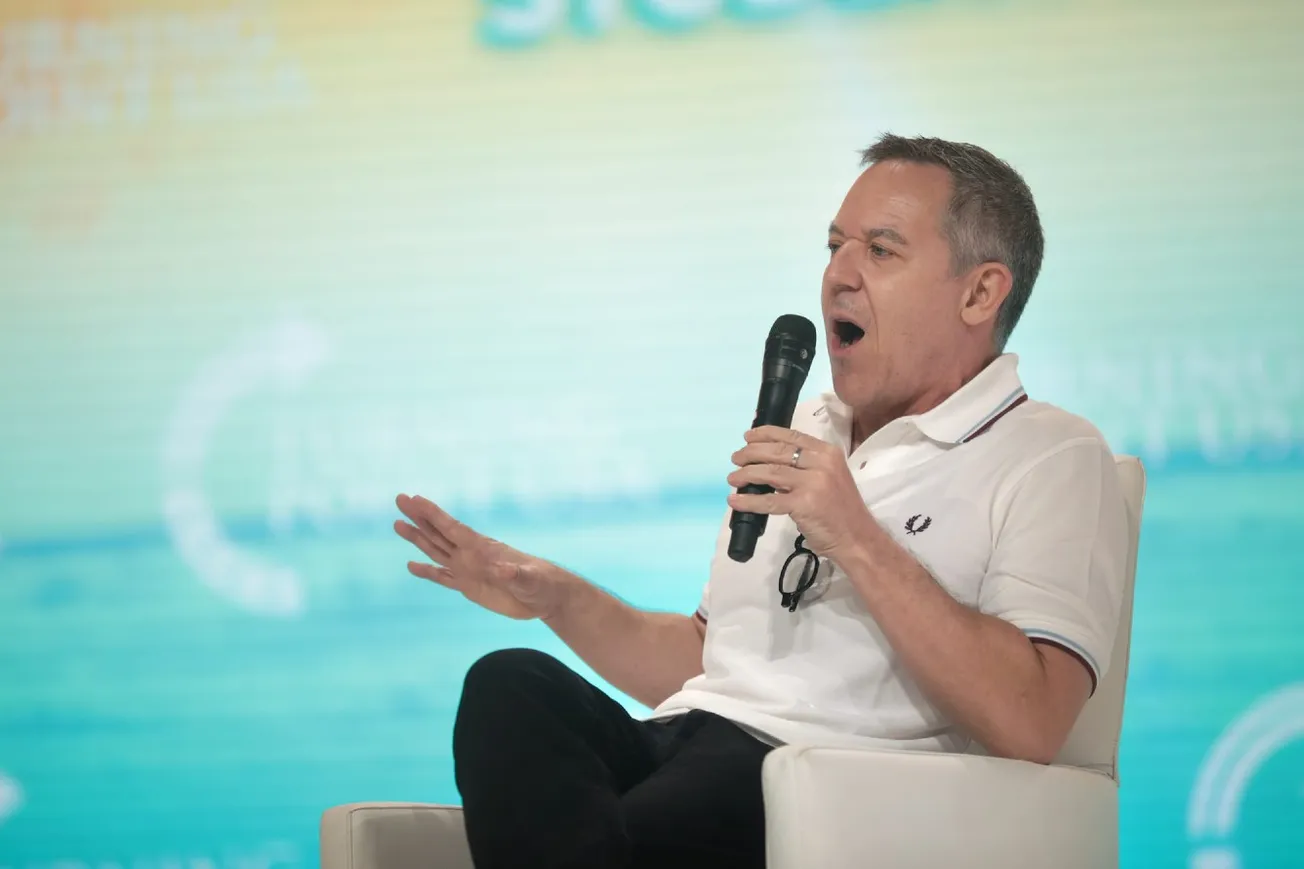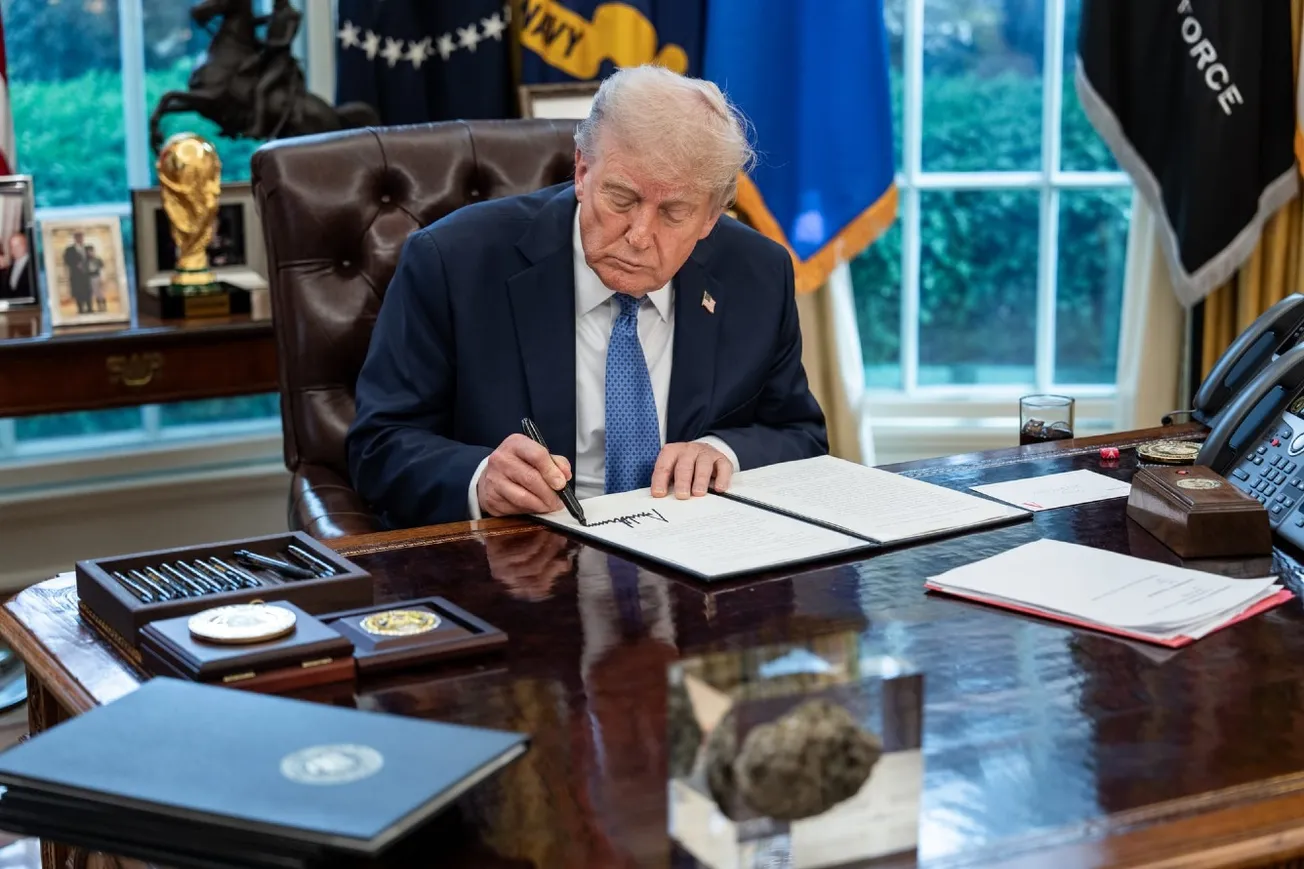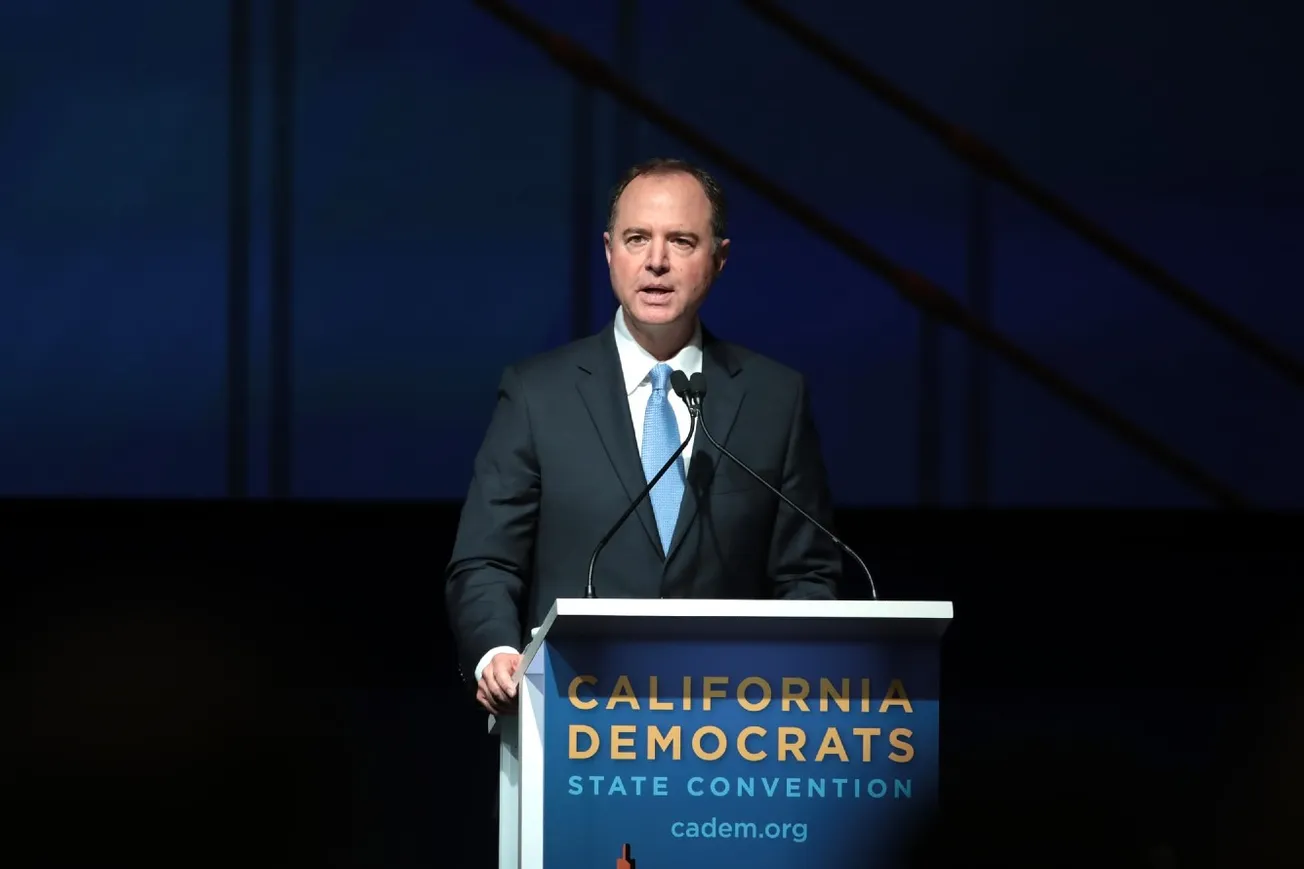If being repeatedly indicted for alleged felonies is fatal to one’s political career, you couldn’t tell by former President Donald Trump. He’s still riding a wave of popularity within his party, and continues to maintain a comfortable lead over potential rivals for the Republican Party nomination in 2024, the latest I&I/TIPP Poll shows.
In recent months, I&I/TIPP has polled members of both major political parties and independents on their nominee preferences. What is surprising is not only has Trump held on to his lead among likely Republican voters, he has expanded it.
Our latest national online poll, taken from Aug. 2-4 before the latest GA indictment on Monday, included a total 1,253 registered voters. Among those polled were 529 Republicans or independents who lean Republican. The margin of error is +/-4.3 percentages points.
Among that group, 57% said they would support Trump for president. That compares to 53% in July and 55% in June. So, if anything, Trump’s party support is strengthening, not weakening.
Moreover, Trump’s main rival, Florida Gov. Ron DeSantis, appears to be losing steam. Some 12% of GOP voters in August said they would vote for DeSantis, down from 14% in July and 19% in June.
Only one potential rival seems to be rising in the polls: Entrepreneur and author Vivek Ramaswamy, who garners 8% support in August, up from 7% in July and just 2% in June, when he was a new face. He now stands in third place, just behind DeSantis.
Following the three leaders are former Vice President Mike Pence at 5%, former South Carolina Gov. Nikki Haley at 4%, and current South Carolina Sen. Tim Scott at 2%. After that comes a long line of candidates at 1% or less, including former New Jersey Gov. Chris Christie, radio host and commentator Larry Elder, North Dakota Gov. Doug Burgum, and former Arkansas Gov. Asa Hutchison.
Among all GOP respondents, 1% answered “someone else,” while 9% responded “not sure.”
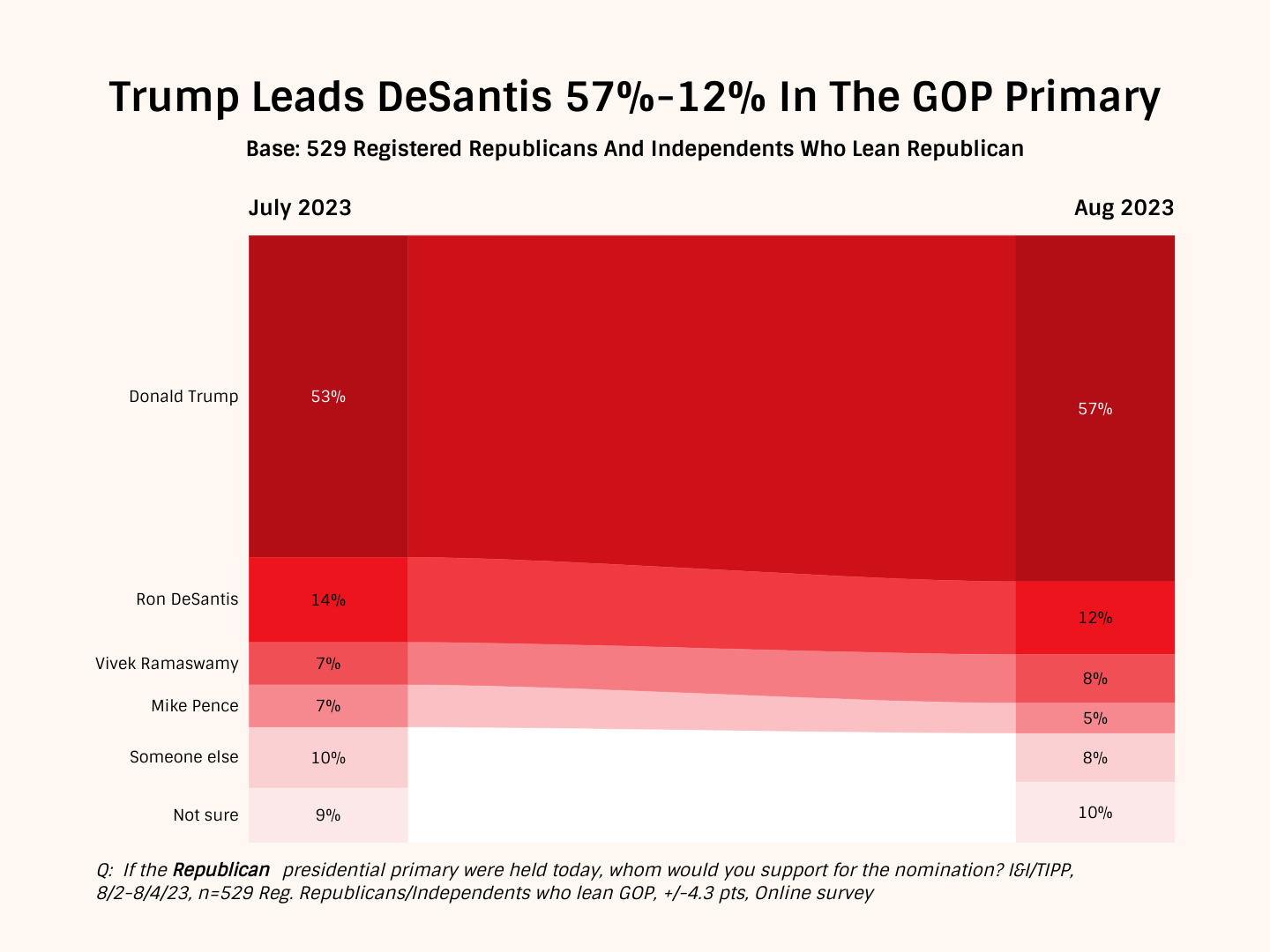
How could Trump hold on and even enlarge his lead under a personally damaging, virtually continual legal onslaught?
American voters seem to be highly skeptical of the charges, to say the least. In our own July I&I/TIPP Poll, 39% of all voters described the charges against Trump as either “exaggerated” or “harassment.”
Even openly Trump-hostile news outlet CNN noted that the charges made against Trump appeared to be “personal” for President Joe Biden, who has accused Trump of “sedition,” a charge so serious that it can potentially carry the death penalty.
Moreover, Biden himself seems to have his hands full when it comes to legal matters and ethics.
A congressional investigation found evidence of at least $20 million from companies and officials tied to foreign governments — including China, Russia, Kazakhstan, Ukraine and Romania — ending up in bank accounts of Biden family members and business associates during the time Joe Biden was vice president.
Meanwhile, as public outrage has grown, Attorney General Merrick Garland named U.S. Attorney David Weiss as Special Counsel to look into allegations of misconduct by Biden’s son, Hunter, that potentially could lead to Joe Biden himself.
The DailyMail.Com/TIPP Poll found that two-thirds of Americans believe that Biden broke “foreign agent” rules by aiding son Hunter’s business deals. And a recent Gallup Poll found only 42% of U.S. adults view the ethical standards of Biden officials as “excellent” or “good,” while 55% saw them as “not good” or “poor.”
If that’s true, it’s clearly an impeachable offense. Which could go a long way for President Biden’s struggling in the polls, even within his own party.
The second part of the I&I/TIPP Poll asked 615 Democratic voters or independent voters who lean Democratic, with a margin of error of +/-4.0 percentage points, who they would support in the upcoming primaries. Unlike Trump, who has a solid majority, Biden is lagging.
Despite making the supposed successes of “Bidenomics” an emphasis in recent weeks, the needle hasn’t moved much for Biden. In August, he received 37% support among Democrats, virtually identical to his support in July (36%) and June (37%).
The good news for Biden and his supporters is that no one is emerging from the Democratic pack to challenge him. He maintains a solid but not indelible 27-point lead on his nearest challenger, former First Lady Michelle Obama, who stands at 10% support, virtually the same as in July (9%) and June (10%).
After Obama come Vice President Kamala Harris and Vermont Sen. Bernie Sanders, both at 6%, followed by environmental lawyer and author Robert F. Kennedy, Jr. (5%), Transportation Secretary Pete Buttigieg, former Secretary of State Hillary Clinton, California Gov. Gavin Newsom and New York Rep. Alexandria Ocasio-Cortez, all at 3%.
Trailing at 2% are Minnesota Sen. Amy Klobuchar, New Jersey Sen. Cory Booker and Massachusetts Sen. Elizabeth Warren. No one else gets more than 1%. Those answering “someone else” also totaled 2%, while “not sure” was the second-largest response at 12%, greater than any of the candidates other than Biden.
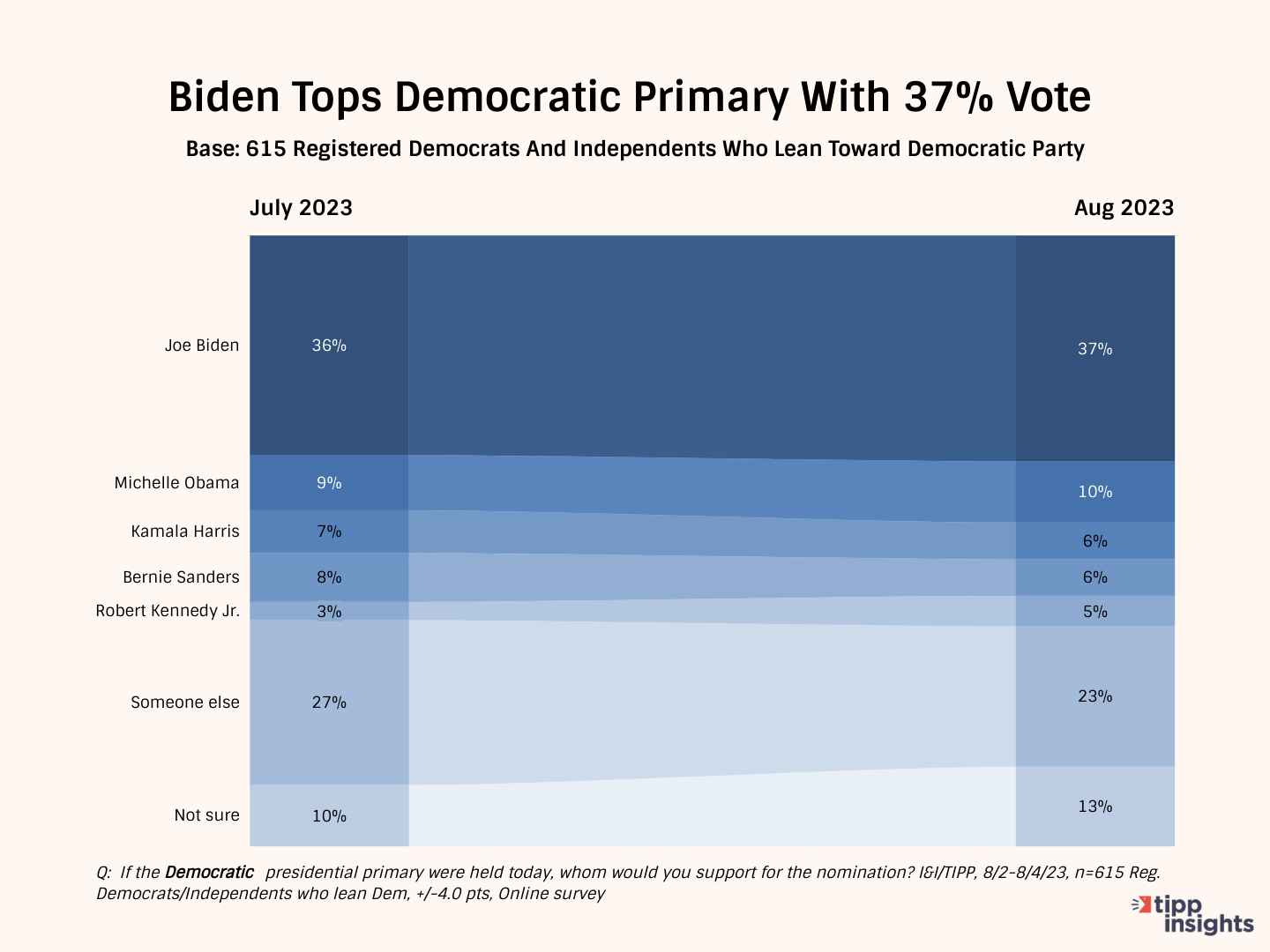
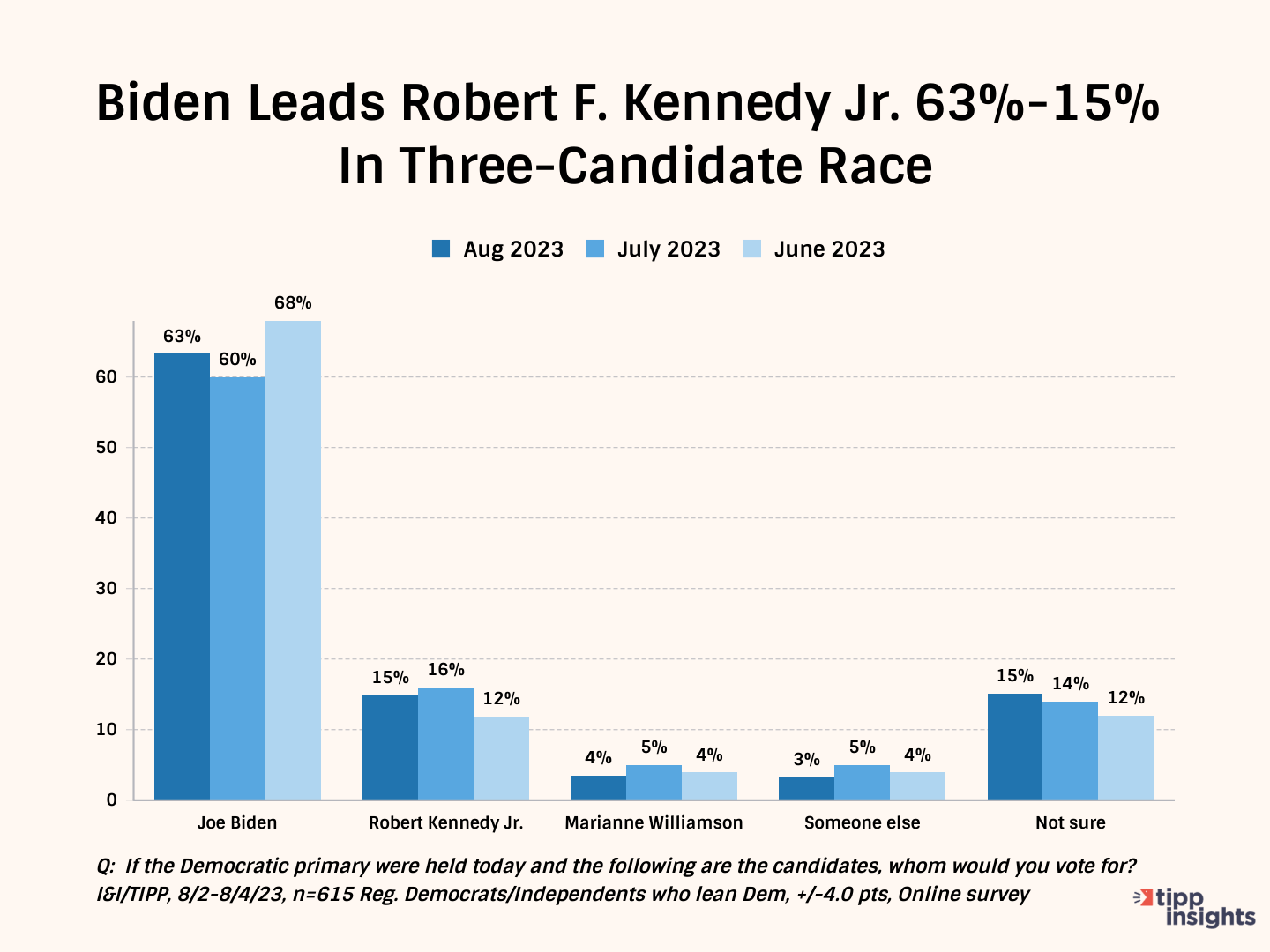
So uncertainty reigns. In such a political environment, could a third-party candidate make some noise or even win? We discussed that possibility in a poll story last month.
This month we asked Americans: “How would you describe your feelings about voting for a third party?”
Overall, among four possible responses, “I would consider voting for a Third Party” won 30% support, while “I’m deeply dissatisfied with the established parties, and will only vote for a third party” garnered just 3%.
“I would never vote for a third party” got 20%, while “I will vote for a specific candidate, not a party” received the biggest support at 31%. “Not sure” took in 17% of those answering.
So, in short, about 32% of those responding would consider voting for a third-party candidate, enough to do serious damage to a leading candidate.
But with the political breakdown, things get a bit more interesting. Among Democrats, 32% say they might vote for a third-party candidate, while for independents, the support is not surprisingly higher at 41%. Among Republicans, support is 27%.
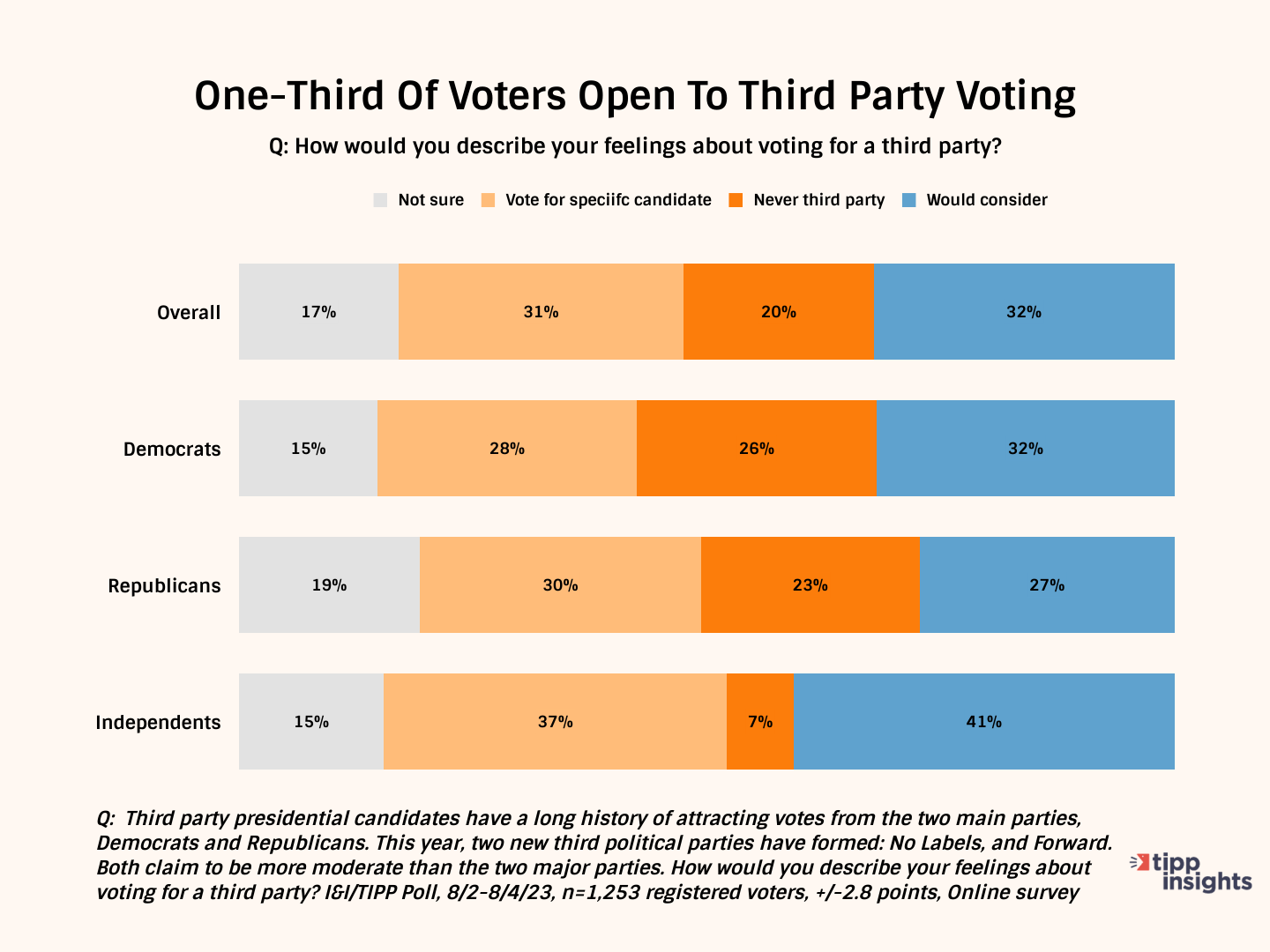
Recall that fiscal conservative billionaire H. Ross Perot ran a third-party campaign for president in 1992 and took 19% of the vote. While not enough to win, Perot did serious damage to President George H.W. Bush, who lost to Clinton 43% to 37.4% on Election Day.
With nearly a third of all major political affiliations saying they might support a third-party candidate, candidates with a tenuous lead over the pursuing pack should take heed. That’s especially true of Joe Biden, whose support even within his own party remains weak.
I&I/TIPP publishes timely, unique, and informative data each month on topics of public interest. TIPP’s reputation for polling excellence comes from being the most accurate pollster for the past five presidential elections.
Terry Jones is an editor of Issues & Insights. His four decades of journalism experience include serving as national issues editor, economics editor, and editorial page editor for Investor’s Business Daily.
Hey, want to dig deeper? Download data from our store for a small fee!
Our performance in 2020 for accuracy as rated by Washington Post:
